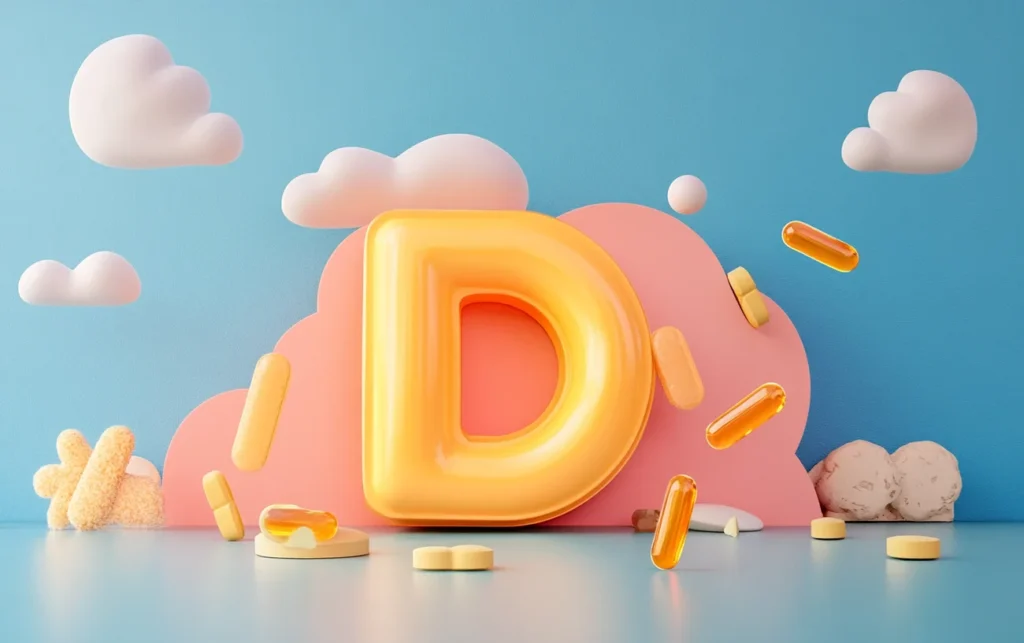When your body lacks vitamin D, it disrupts the absorption of calcium and phosphorus, potentially leading to severe health issues. Weakness, cramps, and bone health complications are just a few consequences of low vitamin D levels.
Signs of Vitamin D Deficiency
A vitamin D deficiency commonly manifests through a few key symptoms:
- Muscle Weakness and Cramps: Initial symptoms include general weakness and painful cramps, especially in the bones and muscles.
- Frequent Urination and Excessive Sweating: Vitamin D deficiency can lead to symptoms associated with calcium-phosphorus imbalance, like increased sweating and more frequent bathroom trips.
Consequences of Low Vitamin D Levels
- Bone Softening and Structural Issues: Adults may experience softening of bones (osteomalacia) and compromised bone formation and mineralization. This condition affects 10-25% of older adults.
- Frequent Urination: This could indicate an overactive bladder due to involuntary muscle contractions, a sign linked to calcium imbalance.
- Heart Health Risks: A lack of vitamin D is associated with cardiovascular problems such as hypertension, ischemic heart disease, and arrhythmias.
What to Do if You Suspect a Deficiency
If you think you might have a vitamin D deficiency, it’s crucial to consult a healthcare provider. They may recommend:
- Blood and Urine Tests: These help determine vitamin D, calcium, and phosphorus levels.
- Additional Tests: X-rays or bone density scans may be recommended to assess bone health more thoroughly.
Once a diagnosis is confirmed, your doctor can prescribe the appropriate treatment plan, which may include vitamin D supplements and lifestyle adjustments to improve vitamin D levels and overall health.

